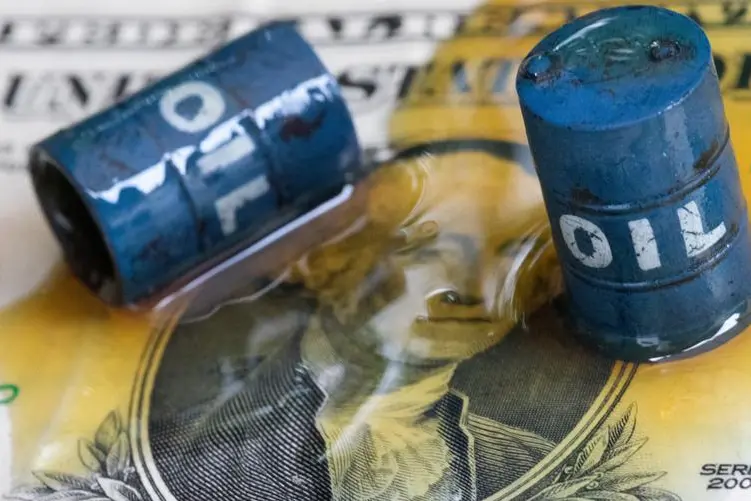PHOTO
President Joe Biden's administration on Friday finalized a range of reforms designed to boost returns and address environmental harms from drilling on public lands, a move that will increase fees for oil and gas companies that operate there.
The new rules follow years of criticism from green and taxpayer groups that federal oil and gas development was not benefiting the public. Many of the changes by the Interior Department's Bureau of Land Management (BLM) formalize provisions in Biden's landmark climate change law, the 2022 Inflation Reduction Act (IRA).
Under the new policy, oil and gas companies will pay higher bonding rates to cover the cost of plugging abandoned oil and gas wells as well as increased lease rents, minimum auction bids and royalty rates for the fuels they extract. The rules also limit drilling in sensitive wildlife and cultural areas.
"These are the most significant reforms to the federal oil and gas leasing program in decades, and the will cut wasteful speculation, increase returns for the public, and protect taxpayers from being saddled with the costs of environmental cleanups," Interior Secretary Deb Haaland said in a statement.
About 10% of the nation's oil and gas comes from drilling on federally owned land. An oil and gas industry trade group warned that higher costs to extract fuels from federal lands could boost U.S. reliance on foreign supplies.
"Overly burdensome land management regulations will put this critical energy supply at risk," American Petroleum Institute Vice President of Upstream Policy Holly Hopkins said in a statement.
Biden vowed during his 2020 election campaign to end federal oil and gas leasing as part of his agenda to combat climate change. But the IRA effectively guaranteed continued drilling rights auctions on federal lands for at least another decade as a concession to the powerful fossil fuel lobby.
Several environmental and taxpayer organizations praised the reforms, saying they would tamp down on speculation and hold oil and gas companies accountable for cleaning up old wells.
One group, Friends of the Earth, said the rules failed to address the climate impact of fuel extraction on public lands.
"While we support BLM's steps to curb financial giveaways to Big Oil, this rule failes to confront the massive tide of climate emissions stemming from its leasing program," Nicole Ghio, senior fossil fuels program manager at Friends of the Earth, said in a statement.
Drillers are required to pay upfront bonds to cover future cleanups if they fail, and a 2019 government analysis found bonding levels were inadequate.
Minimum lease bonds will soar to $150,000 under the new rules from $10,000 -- a level unchanged since 1960.
Royalty rates will rise to 16.67% from 12.5%, and the minimum amount companies can bid at oil and gas auctions will increase to $10 an acre from $2. The rental rate for a 10-year lease will double to $3 an acre for the first two years, eventually rising to $15 per acre in the final years. The fees can be adjusted for inflation after 10 years.
(Reporting by Nichola Groom; Editing by David Gregorio)





















